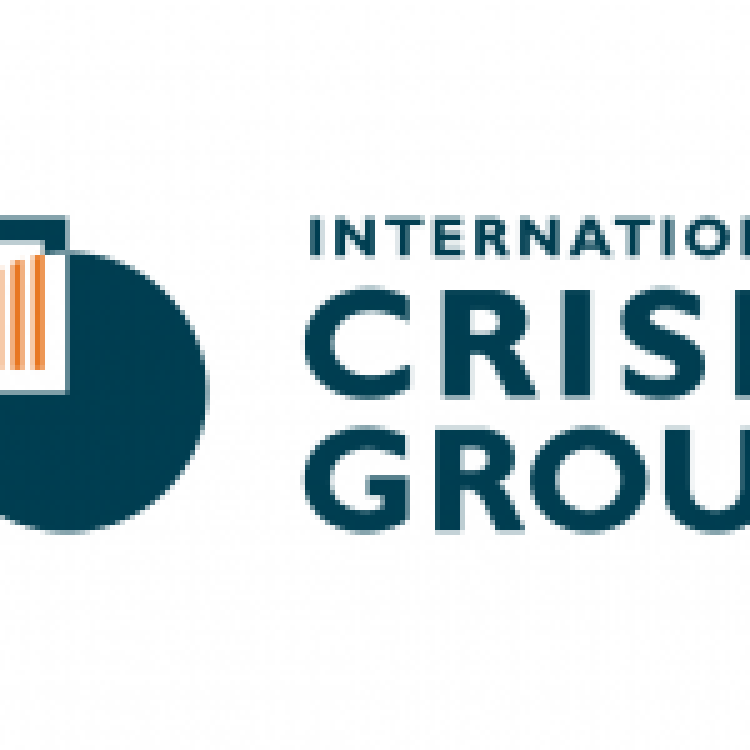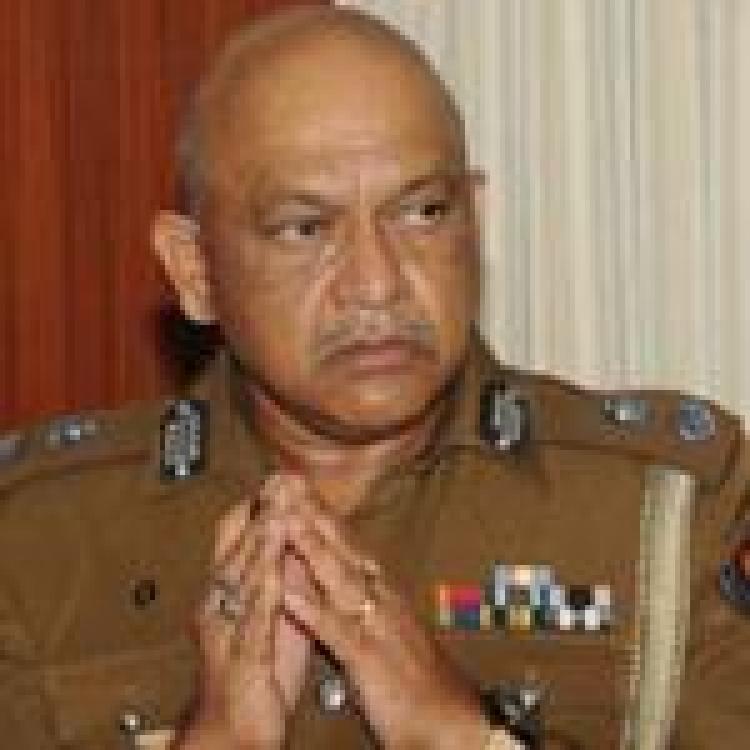UN High Commissioner for Human Rights Michelle Bachelet expressed alarm at the clampdown on freedom of expression in Sri Lanka during the coronavirus pandemic.
The UN Chief said that “arrests for expressing discontent or allegedly spreading false information through the press and social media” were reported in Sri Lanka, a press release stated.
“In Sri Lanka, the Acting Inspector General of Police threatened to arrest anyone who allegedly criticises or highlights ‘minor shortcomings’ of officials involved in the coronavirus response or who shares ‘fake’ or ‘malicious’ messages. The Human Rights Commission of Sri Lanka on 25 April wrote a letter to the police informing them that any arrest for the mere criticism of public officials or policies would be unconstitutional. A number of individuals have been arrested over posts in their Facebook pages.”
In response this, the Sri Lankan Foreign Relations Ministry raised their concerns in a letter to the UN Chief, the Daily Mirror reported.
The Acting Permanent Representative to the UN in Geneva, Dayani Mendis, ‘clarified’ Sri Lanka’s actions claiming that the directive issued in April “does not carry instructions to arrest person for mere criticism, or for sharing fake or malicious messages, except in the case of violations of the laws of relevance on.”
However, since the coronavirus outbreak on the island, the Sri Lankan state has cracked down on dissenting voices. Ramzy Razeek, an online activist, was arrested in early April for criticising a government policy which requires cremating all victims of Covid-19, contrary to Islamic traditions.
Bangladesh, Cambodia, China, India, Indonesia, Malaysia, Myanmar, Nepal, the Philippines, Thailand and Vietnam have also seen a tightening of censorship since the coronavirus outbreak.



